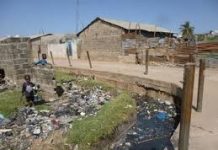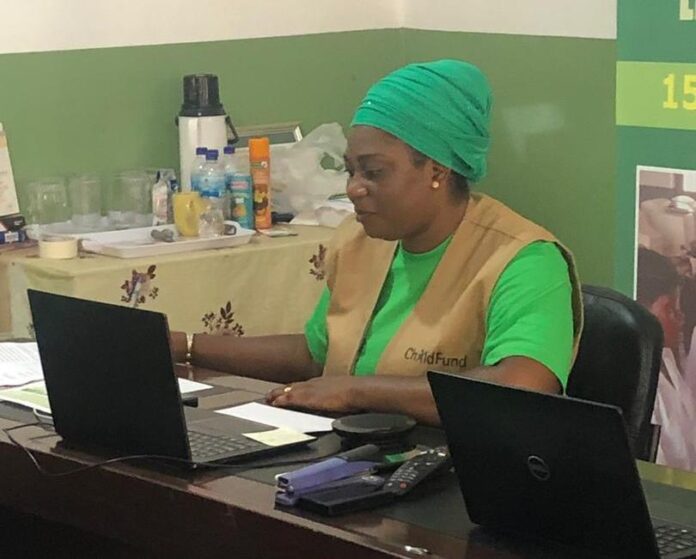By Ndey Sowe
In commemorating International Day of the Girl Child in The Gambia, key stakeholders from Government and Non-Governmental Organizations have had a serious conversation about child rights and protection in the country.
The stakeholders last Friday held a virtual international dialogue in commemoration of International Day of the Girl Child under the topic “The Impact of COVID-19 on Girls.”
This year’s day focuses on the need to address challenges girls face and to promote girls’ empowerment and the fulfillment of their human rights.
Speaking at the virtual event, Lamin Fatty, Coordinator Child Protection Alliance, said there are laws that could have prevented abuse on girls and women from happening in the country, but he noted that these laws are usually not enforced.
Mr. Fatty added that having laws alone is not enough.
According to him, the COVID-19 pandemic has created so much negative impact and also some positive opportunities that they can work on to address issues of children particularly the girl child.
“Criminal offences like rape should not be negotiated,” he said.
The child rights defender said there has been a lot of discrimination against the girl child in The Gambia, thus he urged the Government to invest heavily around children in the country.
“The number of girls begging and selling on the streets is alarming,” he pointed out.
Musu Kuta Komma, Country Director ChildFund The Gambia, said if girls are effectively supported during their adolescent years, they have the potential to change the world both as empowered girls today and as tomorrow’s workers, mothers and thus contribute to Gross Domestic Products (GDPs) of various countries.
Mrs. Komma-Bah said today’s adolescent girls have the right to a safe, educated and healthy life not only during these critical formative years but also as they mature into womanhood.
Rohey Bittaye-Darboe, Permanent Secretary Ministry of Women, Children and Social Welfare, said her office launched a 1313 hotline during the pandemic for people to report cases of sexual and gender based violence (SGBV) but she noted that Gambians do not have the culture of reporting which is a challenge they are grappling with.
She expressed her ministry’s readiness to ensure children are protected and empowered.
Essa Sowe, Deputy General Secretary of The Gambia Teachers Union, said schools have been providing safe spaces for girls.
Nonetheless, he noted that girls were more vulnerable in the wake of the COVID-19 pandemic and were subjected to higher risk, abuse and exploitation.
Mr. Sowe said the ministry of basic and secondary education needs to step up guidance and counseling mechanism which is lacking in the school system, particular with the basic and secondary education.
Deputy GS Sowe said the recently concluded GABECE exams showed that over 900 students were absent or had their grades cancelled, of which 55 percent were girls.
To him, this shows the need for them to work on modalities to address issues concerning girls in the country.
“Learning lost during the COVID-19 pandemic cannot be recovered until 2030,” he said.
He added that COVID-19 limited the participation of girls in the recently concluded distance learning due to domestic engagements.






















